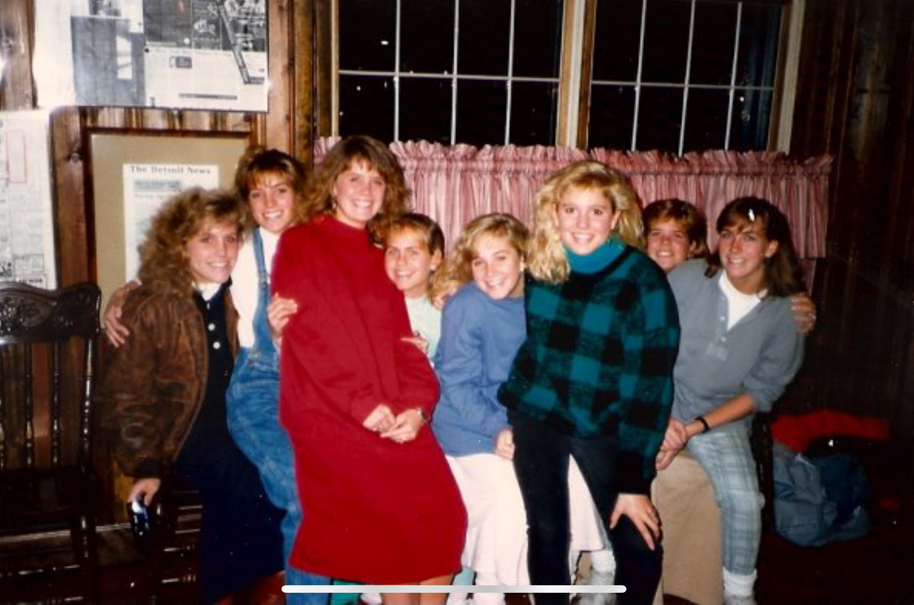Does your teenager avoid certain people or situations?
Teens are social creatures and creating solid connections is the name of the game.
Chances are, if your daughter isn’t engaging in with her peers, she may be experiencing a bit of ‘tribal unrest.’
As a parent, you’ve likely come to anticipate her adolescent mood swings and have a tolerance for the tension.
But if your daughter is:
- at odds with her bestie
- managing a tribal tiff
- or feeling left out
her energy and intensity around the situation may rattle everyone within a hundred-mile radius.
Thankfully, with the introduction of Social and Emotional Intelligence in many schools, it’s gotten easier to talk about the importance of understanding your internal operating system.
The hard part is if your daughter:
- doesn’t get the importance of understanding what’s controlling her behavior
- or doesn’t see how it affects her daily life
she’s is probably going to blow off the concepts.
One of the leaders in the field of S&EI is Daniel Goleman. In his book, Emotional Intelligence: Why it Can Matter More than IQ, Goleman identifies the five components of emotional intelligence:
Self-Awareness, the ability to identify and label your own emotions.
Self-Regulation, your ability to control and regulate how you react to your emotions.
Internal motivation, having a sense of what’s important in your life.
Empathy, being able to recognize and understand the emotions of others.
Social skills, looking at what’s involved in building social connections.
Perhaps there are situations where your daughter can benefit from being more self-aware, regulated and in-tune with her environment so she can stay centered and perform at her best?
The teenagers I work with answer this question with a resounding YES!
Here’s why …
- Drama in the friend group requires empathy and compassion
- Social platforms create internal turmoil that require a keen sense-of-self
So, why not set your teenager up for success by building up her Social and Emotional Skill Set?
Ask her to answer these 5 Questions:
- What’s your go-to emotion when things don’t go as planned?
- Name two things you do to keep your mind clear and balanced?
- Count off three things you’re grateful for right now?
- What are a few things you’d say to a friend who’s having a bad day?
- Who’s on your “most trusted list” and will support you no matter what you’re going through?
If your request to answer these questions is met with a disgruntled “what’s the point?” lovingly ask your teen if she wants to be happier and perform better under pressure?
“Students who are higher in EI have improved engagement, behavior and grades” as reported by Marc Brackett, author of Permission to Feel and director of the Yale Center for Emotional Intelligence.
It’s okay if she doesn’t get on board right away.
Remember that as her guide, you’re planting thought-provoking seeds that will challenge and nurture her as life unfolds, ultimately strengthening her resiliency muscle.
Maybe, if you’re like me, and all this talk about your daughter’s tribe brings up a bunch of your teenage memories.
That’s why I thought it would be fun to share my TEEN TRIBE photo with you, circa 1985.
Looking back, I’m truly thankful for the up’s and down’s and the folks who guided me, especially my parents.
As you might imagine, my tribe and I experienced the typical teenage stuff, too.
At the time I didn’t realize that my social and emotional intelligence and resiliency muscle were being strengthened.
But this crew stuck by me through some of the most developmentally challenging years – and for that I’m forever grateful for ALL of our experiences.
In the spirit of growing together, what tips does your teenager want to pass along?


